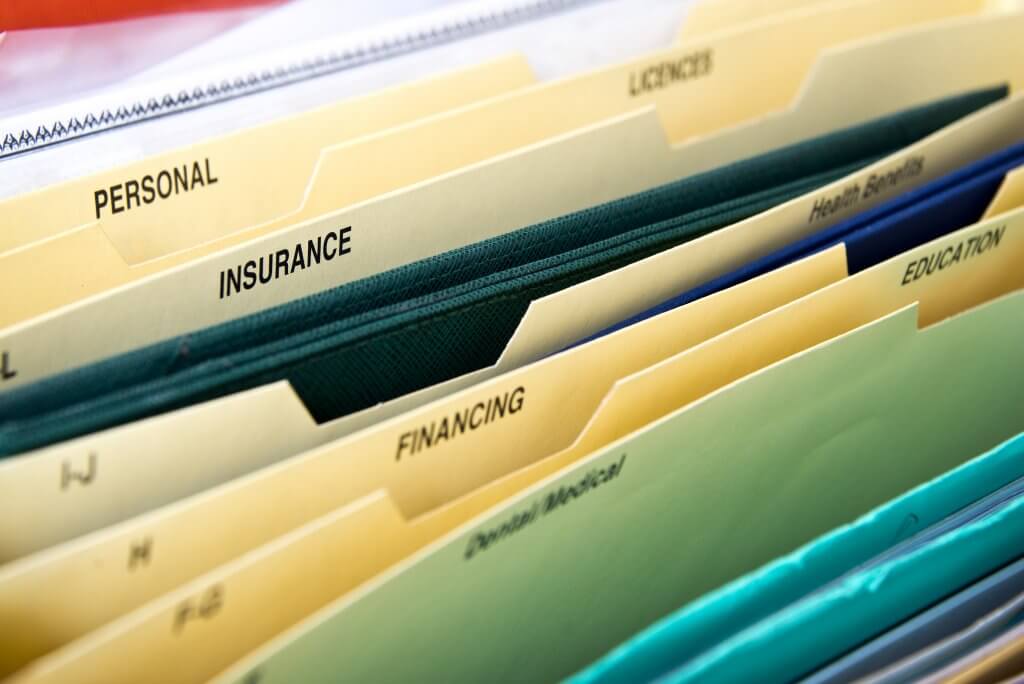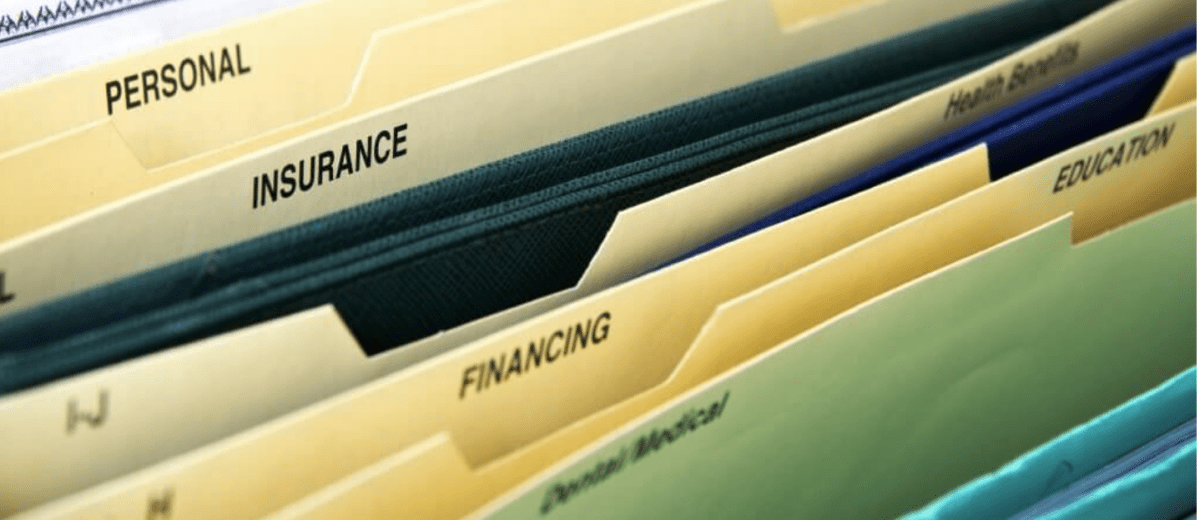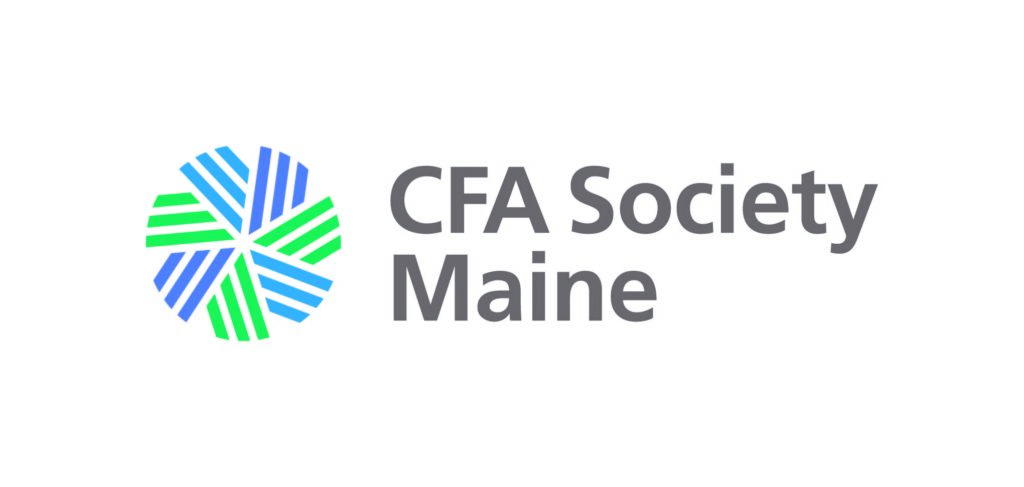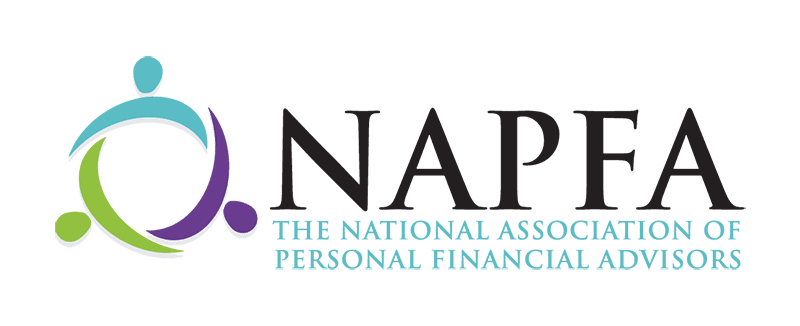How long do I need to keep financial documents?

If you ask this question online, you’re going to receive a litany of web articles, many from banks and insurance companies, some from the IRS. I noted recently that they all basically say the same thing, so I’ll certainly pass along the following:
- Keep tax records for 3 years (the IRS reserves the right to inspect any of your tax returns within that period)
- Unless you understated your income by more than 25 percent, in which case keep them for 6 years…
- Unless you filed a fraudulent return, in which case keep the records forever (isn’t understating your income by 25% kind of fraudulent?)
- The IRS requires that you keep any records related to unfiled tax returns forever. (Friendly recommendation: File the returns. Don’t commit tax fraud or understate income. Now you’re back to the three year rule!)
Beyond the nicely laid out IRS guidelines, there’s a lot of ‘conventional wisdom’ out there, including brokerage and bank statements (most say to keep the current year and only year-end statements from prior years), receipts for large ticket items (at least until the warranty runs out), and Paystubs for the year (to make sure your W2 matches what you actually received – I’ve actually seen issues here from a large university system!)
But beyond all the guidance, a good practice would be to ask: What might I need this document for in the future? Your 401k statement from 2002 might be interesting (and hopefully it shows you how much money can grow over 18 years!) but is there really anything that you can imagine coming up that would require that you produce this document?
From experience, the items people most wish they had kept better track of relate to ‘Cost Basis’ items. This includes records of stock, bond, mutual fund purchases you’ve made in the past. Prior to 2011, brokerage houses weren’t required to keep track of cost basis in these investments, and few did. But now, they do keep track of this information for you. However, one place where most, if not all financial service companies do NOT track basis is when it comes to non-deductible IRA contributions. The reason for this is that the brokerage or mutual fund company doesn’t have a clue as to whether you’ve deducted the money you’ve contributed to an IRA. So if you’ve made non-tax-deductible contributions to IRAs in the past, you might want to actually keep the tax returns from those years (to show that no deduction was taken), along with a tally of how much you contributed to the IRA for those years.
Similarly, when folks go to sell a house, they often wish they’d kept better records of substantial improvements to the home, so that they can add more cost basis to the original purchase price, lowering the amount of capital gains. Keep in mind, though, that each person can exclude up to $250,000 – or $500,000 for a married couple filing jointly – in capital gains on the sale of their primary residence.
For most people, there are competing objectives when it comes to document retention. On the one hand, we want to make darn sure we’ve got the documents we need, when we need them. On the other hand, we want to avoid clutter. If you keep files with utility bills going back 25 years (something of which I was guilty until a few short years ago), you’re not making finding the ‘important’ things easier – you’re just adding more cabinets and perhaps creating a fire hazard!
But we all fall at different places on the “Hoarder === Neat Freak” continuum and more than anything else, this is going to determine the likelihood that we’re scaling stacks of filing boxes in the basement or looking with disdain on any piece of paper that overstays its welcome by more than a few minutes. Speaking personally, I think I’ve evolved on that continuum to being particularly paper-averse.
Wanting to simplify and eliminate, though, isn’t as incompatible with keeping good records as it once was. I’ve found software like Evernote, Onenote, and others to make it REALLY easy to scan documents, receipts, membership cards, along with lists of songs I want to learn and quotes I’ve found inspiring – with minimal effort and with zero visible clutter. More importantly, finding exactly what I need is easy. Whether I’ve tagged a document, or am able to search on a word or phrase within the document or just find it based upon the date or location where I made the note – I’m finding it WAY easier than trying to remember which filing cabinet it’s in.
Additionally, advisory firms like PFA provide “document vaults” to their clients, using NSA-grade encryption, that makes saving important documents (and, optionally sharing them with their advisor team) simple and way more secure than the filing cabinet. In the case of PFA, this is accessed in the same place all the financial reporting takes place, making it one less new password and user name to remember.
And certainly, there are important things to keep forever (although it’s a small list of things that will likely fit in a safety deposit box at the bank). These include insurance policies (while in force), birth certificates, wills and trusts, adoption papers, death certificates and records of paid mortgages. These things SHOULDN’T be in your basement file boxes. They need more safety than that cardboard affords. Keeping them in the safety deposit box doesn’t mean you shouldn’t be able to reference them quickly and conveniently… Put those in your online storage vault as well!
You’ll notice I didn’t mention savings bonds and stock certificates in the ‘things for the safety deposit box’. Yes, if you have such things, they should be carefully stored. But it’s still safer and infinitely more convenient to put them in paperless ‘street name’ (in the case of stock certificates) or, in the case of the bonds, registering for paperless bonds on ustreas.gov.
Everyone will have their own comfort zones when it comes to document retention, and more of the ‘right’ way of doing things will depend on your own personal style. Just make sure you keep the ‘must-haves’ from above and explore ways of keeping yourself comfortable with the rest!


